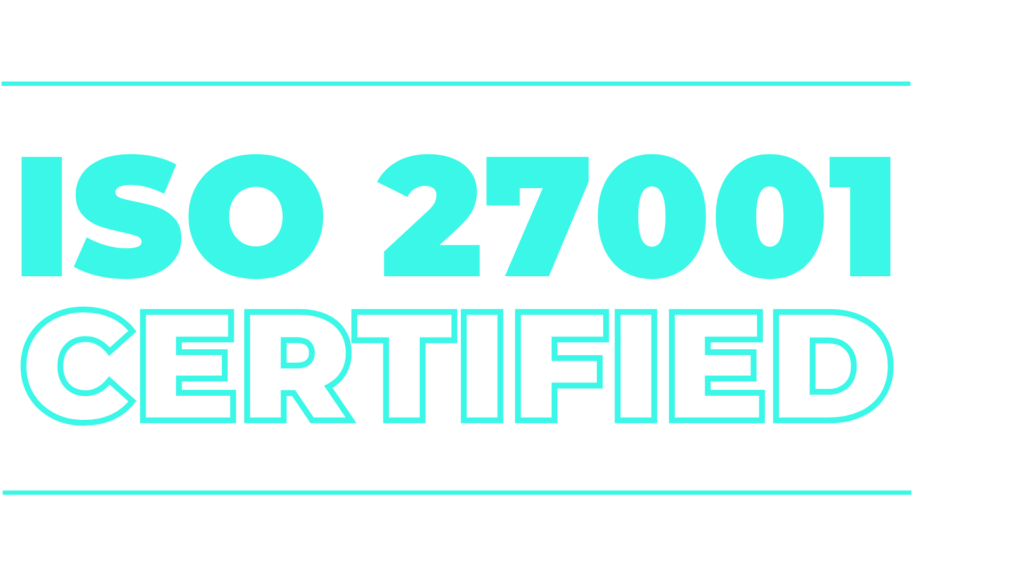The Guest – Tim Duckett, CPTO at Flagship Founders
Tim Duckett is the CPTO at Flagship Founders, a Berlin-based company builder that partners with ambitious founding teams to build agile and scalable solutions for the global maritime market. Tim helps turn product teams’ dreams into engineering reality through years of hands-on experience across the full agile software development lifecycle. He has deep expertise with a diverse range of tech stacks from front-end mobile to backend systems, and 20 years of experience in building, scaling and shaping teams and companies.
Tim is here today to talk about his experience in building software startups and what it takes to get your venture off the ground.
Sailing Through Software Startup Success: Navigating the Uncharted Waters of Innovation
Embarking on the journey of building a software startup is akin to setting sail on uncharted waters, where every wave presents both challenges and opportunities. In this episode, we delve into the dynamic world of software entrepreneurship, exploring the essential elements required to navigate the turbulent seas of innovation and bring your venture to fruition.
Some of the highlights in this episode include:
- How Flagship Founders, is revolutionising the Maritime Industry
- The Thrill of Building software systems from scratch.
- Scaling Strategies for Company Expansion
- AI’s Role in Software Engineering
Q: When do you think it’s the time to put the foot in the accelerator for a company?
“It’s an incredibly difficult balance to strike because if you are in a situation where you think now is the time to scale, you’re probably slightly late. But on the other hand, if you scale too soon, if you build your cost base up, if you build your teams beyond a certain sustainable size, that’s causing as many problems as not scaling will do. I wish there was a secret formula for it. I wish there was an equation that you could plug variables into and figure out the right way. The only way I think I could sum it up is by trying to figure out when you need to do something that’s going to save you time in the long run, but you’re not going to burn more time on the solution than you are actually on the problem that is the underlying cause.
Some of that comes out of patterns. Are you in a situation where you’ve got steady state growth and you can plan and there’s an element of predictability or are you in a more spiky situation? And when we talk about scaling, particularly when technologists, engineers are talking about scaling, there’s always a temptation to overestimate, overcompensate, be overly optimistic about the growth and to be pessimistic about what you can do with the technology that’s available. I think if it falls back into the point in which scaling is exceptionally difficult, but it’s, I suppose there’s two ways of looking at it. Like what scales first does the business drive what the tech scales or vice versa? I think tech driving scaling is very risky… Tech exists for a purpose and that purpose is to serve the underlying business. So if you have a situation where the tail is wagging the dog, that should be a red flag that incentives are misaligned.”
Listen to the Story of Software on:
Apple Podcasts, Spotify, Stitcher, Deezer, & any other podcast platform of your choice. The Story of Software Podcast is produced by Zartis, a software services company. We hope you enjoy listening to this tech podcast and feel free to share any feedback with us: podcast@zartis.com




